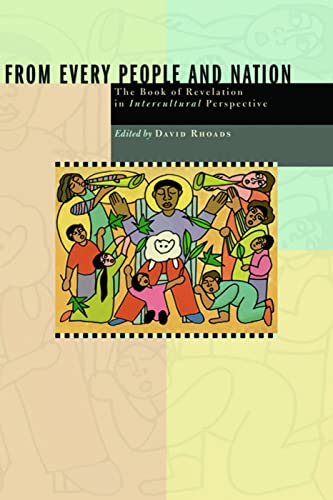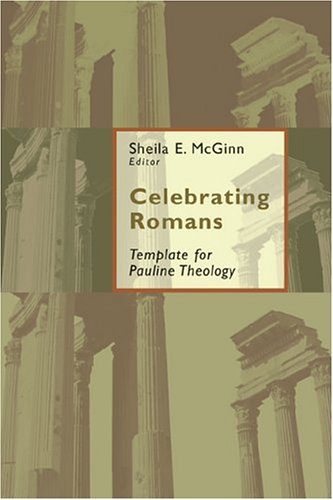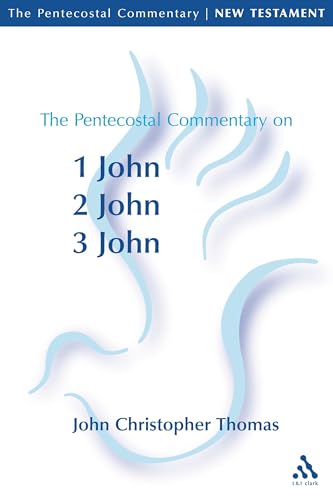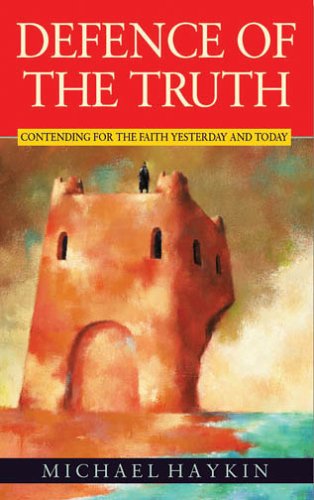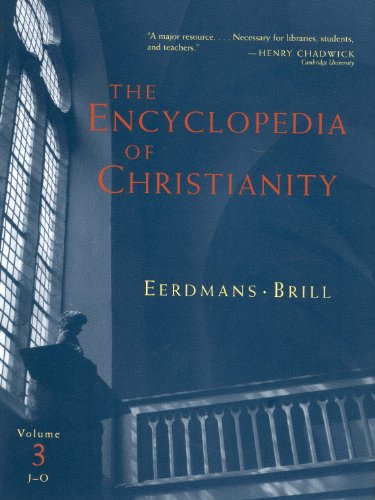FROM EVERY PEOPLE AND NATION—THE BOOK OF REVELATION IN INTERCULTURAL PERSPECTIVE
Written by David M. Rhoads (ed.) Reviewed By Gordon CampbellThis book, which grew out of a conference on reading the Book of Revelation in a multicultural context, aims to transform readers through an encounter with diverse cultural reading perspectives on Revelation and so to foster the practice of intercultural Bible study.
There are ten contributors (seven men, three women), plus an editor who superintended the project and who supplies the book’s largely methodological introduction. All but two teach theology; all, save one, work in North America; and half live in or near Chicago (whose Lutheran School of Theology supplies three). Professor Rhoads asks the reader to imagine an ‘ethnic roundtable’ (25), and several ethnic perspectives are represented in the assembled group. Three Hispanic authors offer respectively ‘minority’, ‘liberationist’ and ‘post-colonial’ ways of reading Revelation. Two African-American contributors respond to its message in ‘active resistance’ mode (with slavery in mind) or from a ‘womanist’ standpoint. An African theologian seeks to mingle black African’s traditional and evolving outlooks in his interpretation, whilst a Chinese theologian compares and contrasts three readings of Revelation which constitute varying response to the impact of the maoist state on culture in China. A further such standpoint is that of a second-generation immigrant or refugee, of European origin. Finally, there are two scholars who identify themselves as white women. One explores gender issues in Revelation, with ideological criticism and a robust ‘feminist’ agenda, while the other argues from an ‘ecological’ perspective for the book’s relevance to the question of global environmental injustice.
Two Appendices give basic principles for intercultural Bible study and suggestions for group interaction. A third highlights reading profiles, in terms of cultural identity, social location and personal perspective. A fourth presents ten sessions for intercultural study of Revelation.
All the featured authors were asked to be up-front about their cultural location and reading perspective, and candid about their interpretative stance as affected by that cultural viewpoint. Accordingly, the essays have an autobiographical element which helps the reader, who might be encountering an approach for the first time, to see where the writer is coming from. Taken together, the contributors represent a good introduction to the kings of postmodern ideological stance commonly adopted in biblical studies today, especially in the North American context, and to their impact on academic study of Revelation.
Each scholar was required to refract Revelation’s message through his or her interpretative lens and relate it relevantly to contemporary issues—a merging of first- and twenty-first-century horizons in an ellipse where what Revelation meant in its time and place touches what it means here and now. This goal is to be applauded, provided a text is allowed to suggest its own relevance, and that interpreters prove receptive to its pleas. But it is here that the contributions create something of an optical illusion. Their apparent diversity actually collapses into the collective assumption that Revelation’s message, and usefulness, are essentially political. That Revelation may be read politically, is not in dispute. However, there is danger here for the unsuspecting: it is criticism without self-criticism. Potential readers should be aware that the perspectives assembled in this volume, whether affirming or rejecting Revelation’s implied message, all manage to have the book, in whole or (mostly) in part, lend credence to the writers’ own ideological commitments.
Gordon Campbell
Belfast


